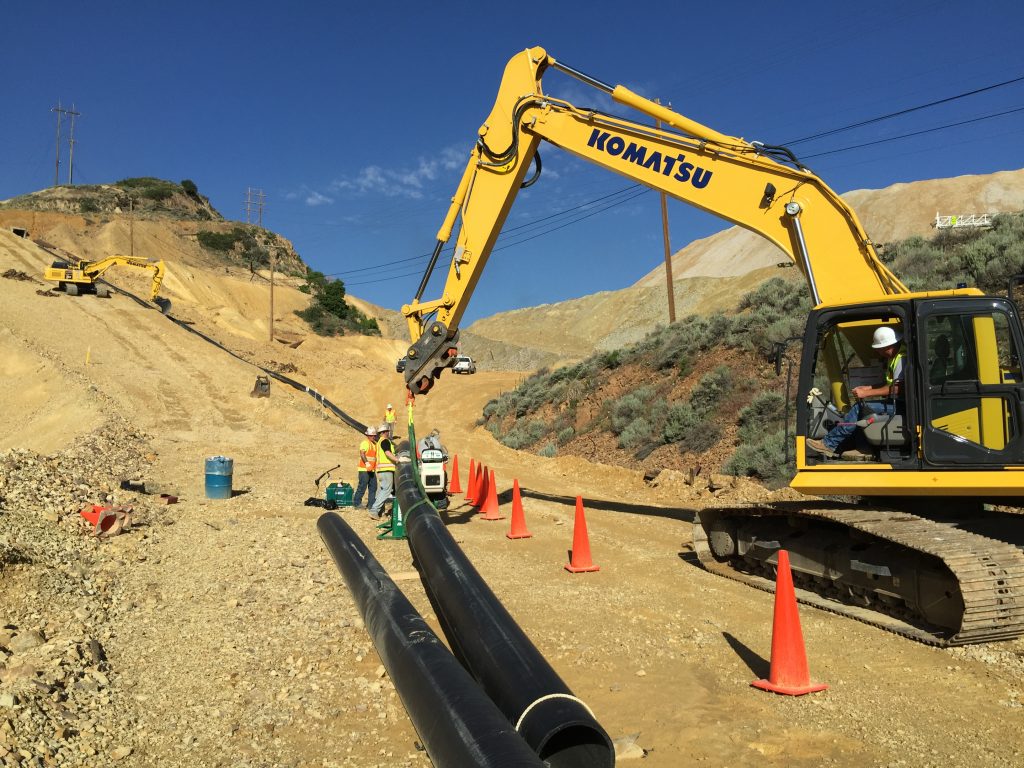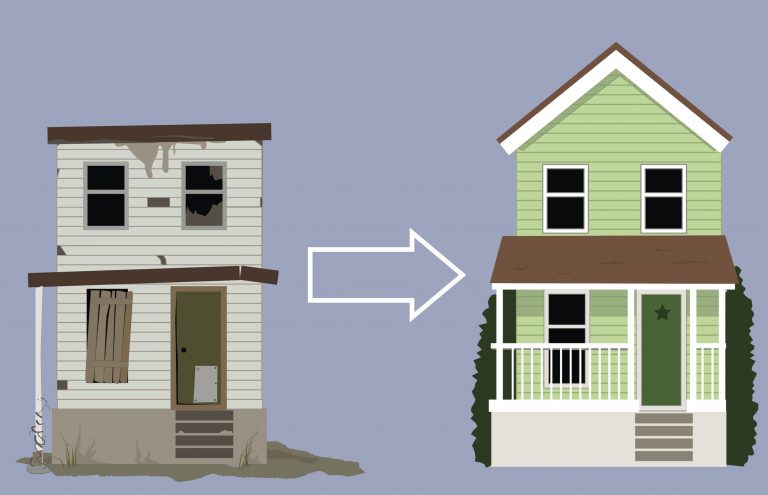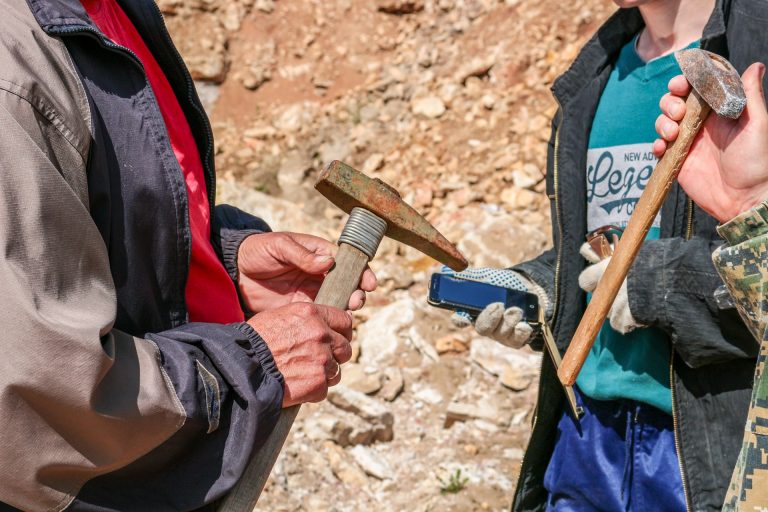Excavation contractors move and dig the soil using heavy machinery for various construction projects. The most popular occupations are trenching, grading, and landscaping.
Excavation contractors are typically subcontracted as part of larger programs. This means that your general contractor is responsible for all hiring and project management.
Throughout the building world, excavation does more than move dirt around. Excavation companies’ duties include planning sites, grading, trenching, and many other soil-related activities. Read on to know more.

What Do Excavation Companies Do
Site Preparation
After the survey crew has established the boundaries of the house and property, the excavation companies begin their work.
The contractor must excavate the soil to the specified depth needed for the new building or foundation. They also make certain that the soil is stable, if possible, by means of compaction tests and compaction with equipment.
The digging requirements are accurate so the excavation contractor must be able to use the level and the transit to match the grade assigned by the survey crew. The excavation contractor fills the new foundation.
Contracting
Excavation companies are business owners and are considered subcontractors because their work is often just one part of a larger project.
The building owner may contact the excavation contractor for personal work, such as digging for a swimming pool, but the excavation contractor will not oversee and manage the entire project.
Heavy Equipment
Excavation machinery is costly to buy and expensive to maintain. Usually, a small to medium-sized construction contractor typically owns or rents large front-end loaders, bulldozers, backhoes, compactors, trenches, and skid steering wheels.
The majority of excavating contractors also own huge dump trucks to remove excess dirt. Many excavation contractors are former heavy equipment operators.
There are numerous college or vocational school degrees in heavy equipment service, so most companies employ professional operators or new operators and train them on the job.
Trenching
Trenching involves the construction of wells, sewers, infrastructure, and foundations. The digging of foundation trenches prior to the construction of a new building is one of the most critical activities that excavation contractors conduct.
Without a stable foundation on which to stand, most of the new buildings of any scale will gradually fall into the surrounding soil, causing the walls to crumble and ultimately compromising the overall structural integrity of the entire structure.
In some cases, you will also need to employ demolition contractors to clear the site before construction work can begin.
Positions & Careers Available in Excavation Companies
Grade Checker
A grade checker operates in the building industry, usually on roadways, to set grade stakes intended to direct operators on sloping highways and banks. In this occupation, you set these grade stakes using hand tools, measuring instruments, and specified ratios.
General Laborer
The general laborer does more physical, hands-on work while on duty. For example, people employed in the fields of manufacturing, shipping, maintenance, and warehouses with no particular skill requirements are often considered to be general staff.
Laborers are responsible for manual labor involving a high degree of physical fitness and strength in the construction of structures or houses.
They conduct physical and manual labor, including laying foundations, fitting of windows, clearing of areas, building walls, digging of trenches, etc.
Excavation Laborer
The user of the excavator manages heavy equipment used for digging holes and trenches and transporting manufacturing or raw materials.
In order to be more marketable to employers in the construction industry, excavator operators should also be able to handle other construction vehicles, such as bulldozers or forklifts, safely.
Normally, a high school graduation or equivalent is necessary to become a heavy equipment operator. Any kind of vocational school preparation will also be a bonus when you land your first gig.
The majority of heavy equipment operators begin their careers by operating lighter equipment under the supervision of a more seasoned operator.
Oiler
Oilers guarantee that machine moving parts are properly greased. They are responsible for the overall routine servicing of oil rigs and oil machinery.
The job requires you to maintain equipment, to apply proper lubrication, and to make sure that safety issues are brought to the attention of supervisors.
This role includes a wide range of technical skills and knowledge of industrially used engines, heavy loaders, dozers, rock trucks and graders, engine loaders, human lifts, snow, and sea boats, vacuum trailers, and tractors.
Where to Apply
You can try out these online job portals to find excavation jobs.

Conclusion
Excavation contractors may not have the most attractive employment in the construction industry. However, it is undeniable that without these services, there are no great buildings and construction possible.
Also read – Being a Geologist: Essential Info You Need to Know












